A Visual Guide to Balance Disorders
Προβλήματα ισορροπίας; Τι μπορεί να φταίει
- Ένα παραπάτημα ή μια ευκαιριακή ζαλάδα δεν αποτελούν συνήθως λόγο ανησυχίας. Εάν όμως η απώλεια της ισορροπίας και το αίσθημα ότι ο κόσμος περιστρέφεται αποτελούν συχνή ενόχληση, ίσως υποδεικνύουν κάποιο πρόβλημα υγείας που δεν έχετε ακόμη αντιληφθεί.
-
Συμβουλευόμαστε πάντα το γιατρό μας για να διαπιστωθεί έγκυρα
και έγκαιρα εάν η ζαλάδα και η κακή ισορροπία αποτελούν απλώς
φυσιολογική εξέλιξη της διαδικασίας γήρανσης ή υποδεικνύουν πρόβλημα
υγείας που πρέπει να αντιμετωπιστεί άμεσα.
Δείτε ποιες είναι οι συχνότερες και οι πιο σπάνιες αιτίες των δύο αυτών συμπτωμάτων.
1. Διαταραχή στο έσω ους
Τα προβλήματα στο έσω ους, από μια λοίμωξη έως την πλήρη απώλεια ακοής, επηρεάζουν την ικανότητά ισορροπίας. Το έσω ους διαθέτει πέντε αισθητήρες, σαν μικρά τριχίδια, που ελέγχουν την ικανότητα ισορροπίας –τρεις από αυτούς ελέγχουν την περιστροφική κίνηση και οι άλλοι δύο ελέγχουν την ανοδική και καθοδική κίνηση. Εάν οι αισθητήρες αυτοί λαμβάνουν λανθασμένα σήματα ή αδυνατούν να αποστείλουν σήματα στον εγκέφαλο, εκδηλώνονται προβλήματα ισορροπίας. Επισκεφθείτε το γιατρό σας εάν εκδηλώνετε κατά καιρούς ζαλάδες και ίλιγγο που επιμένουν για περισσότερο από μία εβδομάδα.
2. Μυϊκή αδυναμία
Απώλεια ισορροπίας λόγω μυϊκής αδυναμίας εκδηλώνουν συνήθως τα μεγαλύτερης ηλικίας άτομα, επειδή το ανθρώπινο σώμα χάνει μυϊκή μάζα με την πάροδο των ετών. Όταν οι μύες είναι αδύναμοι, δεν μπορούν να υποστηρίξουν επαρκώς το σωματικό βάρος. Αποτέλεσμα αυτού είναι η κακή στάση του σώματος –εάν το σώμα δεν είναι ορθώς ευθυγραμμισμένο, μια απότομη κίνηση που δεν μπορούν να ελέγξουν οι μύες μπορεί να διαταράξει την ισορροπία και να οδηγήσει σε πτώση. Επισκεφθείτε το γιατρό σας εάν η κακή ισορροπία και ο φόβος για πιθανή πτώση αποτελούν εμπόδιο σε μια ομαλή καθημερινότητα (π.χ. περιορισμός δραστηριοτήτων, απομόνωση στο σπίτι).
3. Κακή κυκλοφορία του αίματος
Η μειωμένη ροή αίματος προς τον εγκέφαλο ονομάζεται ορθοστατική υπόταση και είναι μάλιστα εξαιρετικά συχνό φαινόμενο. Η ορθοστατική υπόταση συνοδεύεται από πτώση στα επίπεδα της αρτηριακής πίεσης και εκδηλώνεται συνήθως όταν σηκωνόμαστε μετά από αρκετή ώρα χαλάρωσης, είτε σε καθιστή είτε σε ύπτια θέση (ανάσκελα). Η ορθοστατική υπόταση εκδηλώνεται με την αιφνίδια ζαλάδα και την παροδική απώλεια της ισορροπίας.
Σπάνια έως πολύ σπάνια η επίμονη ζαλάδα και η απώλεια ισορροπίας οφείλονται σε: βλάβη στα νεύρα (περιφερική νευροπάθεια, πάθηση συνήθης σε διαβητικούς αλλά και μετά από λοιμώξεις, λόγω έλλειψης βιταμινών, γενετικών διαταραχών, αλκοολισμού ή άλλου τραυματισμού), σκλήρυνση κατά πλάκας (αυτοάνοσο νόσημα που συνοδεύεται από βλάβες στο κεντρικό νευρικό σύστημα) ή όγκο στο κεφάλι (στην περιοχή του εγκεφάλου που συντονίζει την κίνηση και την ακοή). - A Visual Guide to Balance Disorders


When to Get Emergency Help
Sudden balance problems may sometimes be a sign of serious problems, like a clot in your blood or a burst blood vessel from a stroke, aneurysm, or embolism. Call 911 right away if you or someone you're with:- Can't move or feel one or both arms or one side of the face
- Can't see out of one or both eyes
- Speaks in a confused, slurred, or garbled way
- Has a sudden painful headache
- SOURCES : WebMD , ONMED

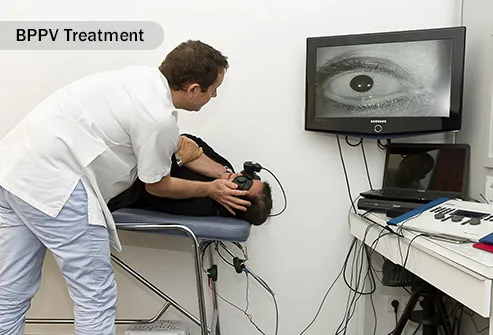
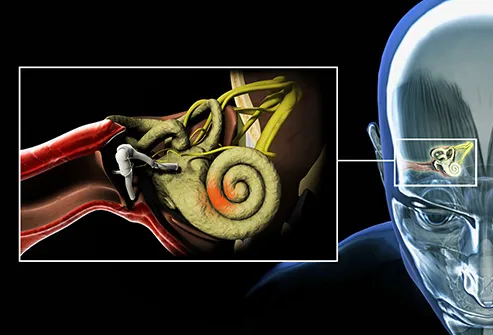
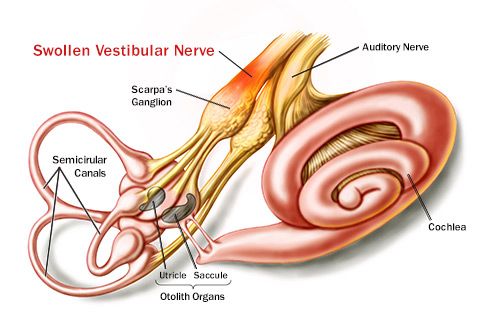


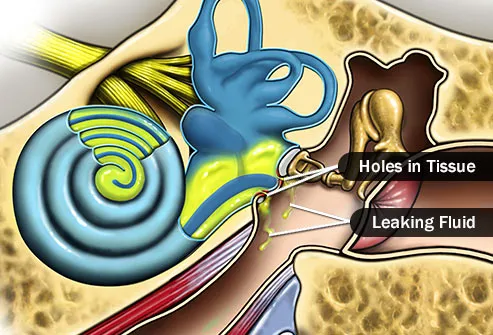
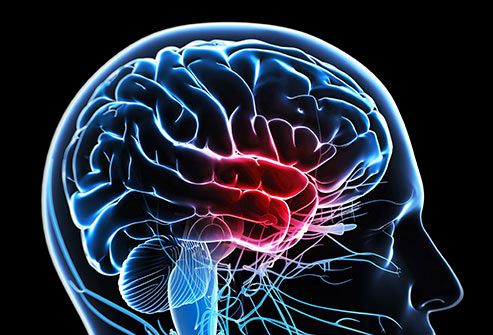
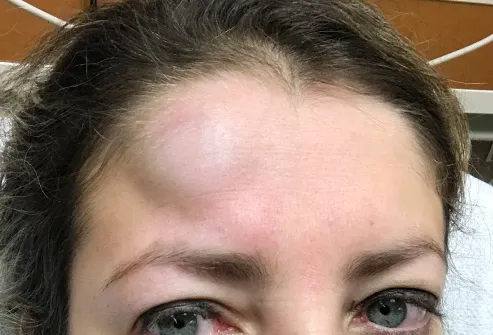


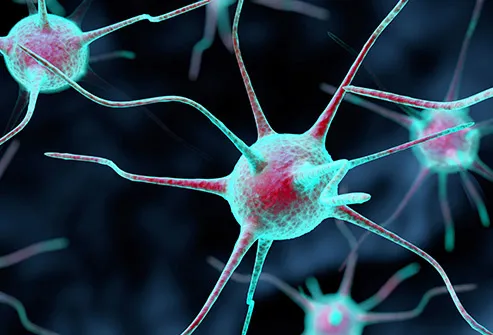
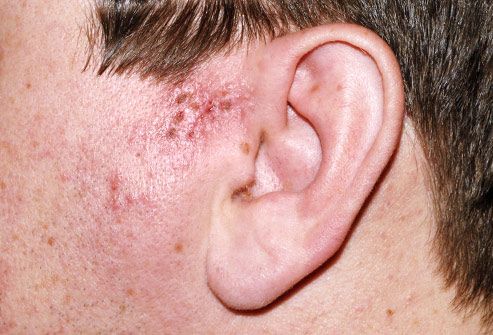









Δεν υπάρχουν σχόλια:
Δημοσίευση σχολίου